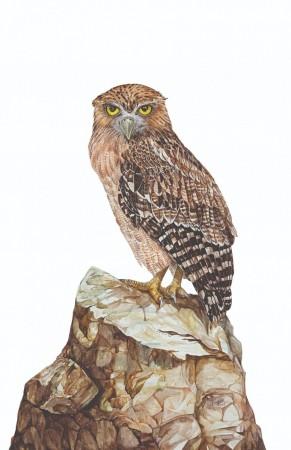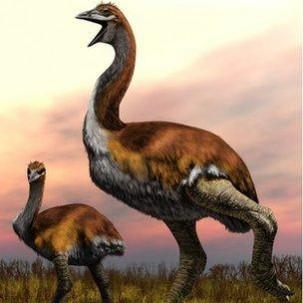India is home to about 36 species of owls, all protected under the Wildlife (Protection) Act, 1972, and yet, they are most vulnerable to and often traded illegally.
Not just the hunting, trading, or any other form of utilization of owls is a punishable offense as per the provisions of the Wildlife (Protection) Act, 1972; all owl species found in India are also enlisted under the Convention on International Trade in Endangered Species of Wild Fauna and Flora (CITES), which restricts their international trade.
Since 2019, at least 20 seizure incidences related to the poaching and trafficking of owls have been reported across India but many more go unreported, experts said. The ecological role of the owls in the ecosystem is neglected and these endangered birds are commonly found in the illegal wildlife trade in India due to various superstitions and taboos attached to them.
Against this backdrop, for strengthening owl protection, TRAFFIC and WWF-India launched new identification (ID) tools that are in the form of ID cards to enable law enforcement authorities to accurately identify 16 commonly found owl species in the illegal wildlife trade.
The ID cards are available in English and Hindi and would be distributed free to wildlife law enforcement agencies across India, a release from TRAFFIC said on Thursday, adding, these were launched last week.

Authored by Saket Badola, IFS, Head of TRAFFIC's India office, and Merwyn Fernandes, coordinator, TRAFFIC's India office, the new ID tools provide essential information related to the species' legal status, habitat, and distribution. The ID tools provide valuable tips on identifying the owls at the species level and highlight common threats.
Badola said: "The main strategies to recover key wildlife species are to provide them a safe habitat and protect them from the threats of poaching and illegal trade. Protecting owls will support ecosystem restoration and biodiversity. We are releasing these ID cards that will help wildlife law enforcement officials in their endeavors to protect the wildlife of India."

Secretary-general & CEO, WWF-India, Ravi Singh, added: "Owls play an essential ecological role in our ecosystem. They enhance agricultural productivity by keeping a check on the rodent populations. Unless the trafficking and illicit trade of owls is controlled, the owl populations will remain under threat. Adequate conservation and protection efforts for owls and other endangered species are crucial for maintaining a healthy ecosystem."

















